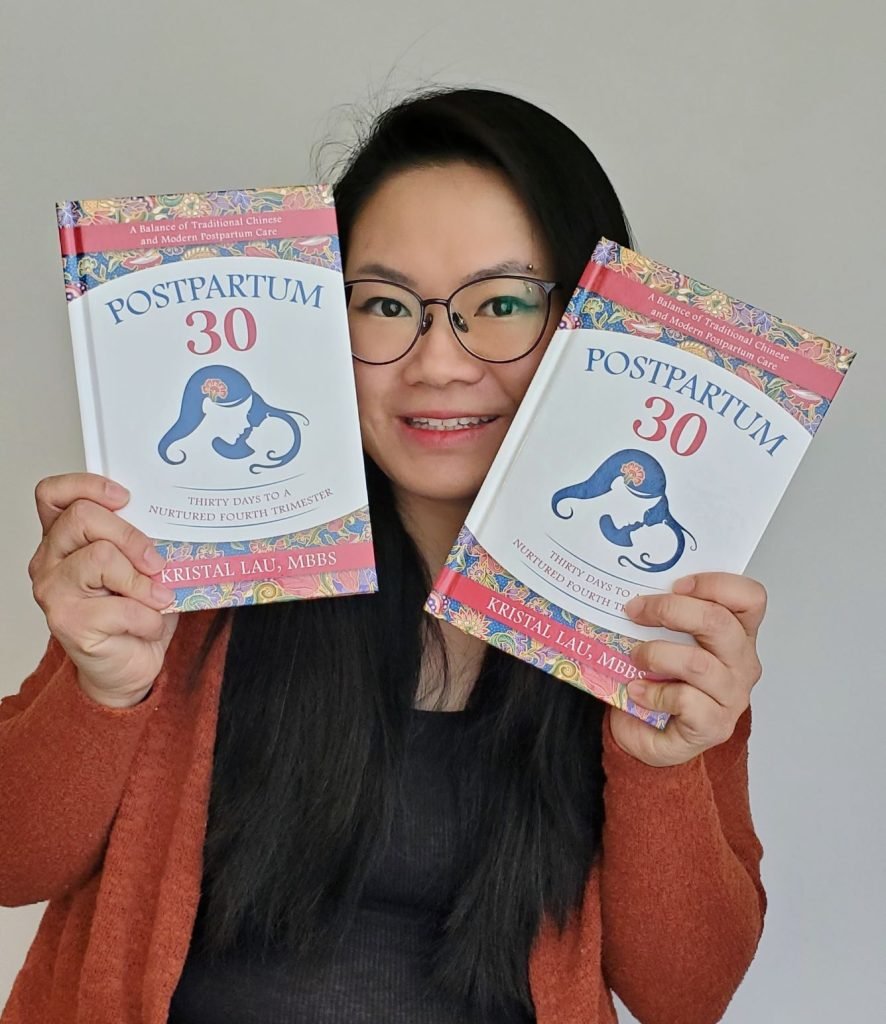Maternal health nurses work closely with new mothers, providing essential support, education, and guidance. They play a key role in offering personalized care that addresses the physical, emotional, and mental health needs of (new) mothers. The holistic approach to care improves health outcomes for mothers and babies.
Maternal Health Nurse: A Lifeline for Mothers and Families
Maternal and child health nurses are specialized professionals who offer comprehensive care to mothers, newborns, and young children. Their expertise extends beyond basic medical care; they are a source of advice, support, and education for families. The nurses work across various settings, including hospitals, community centers, family health clinics, and beyond.
Child health nurses and maternal health nurses are at the frontline of healthcare, ensuring that every child has access to vital health services from birth until they start school. They offer services such as developmental assessments, immunization advice, and support for breastfeeding. For school-age children, they provide health checks, monitor growth and development, and address any concerns parents might have about their child’s health.
Responsibilities of Maternal Health Nurses
The responsibilities of maternal health nurses go beyond routine health checks and include providing emotional support, education, and advocacy for families facing various challenges.

1. Supporting New Mothers and Families
Maternal health nurses offer guidance on breastfeeding, managing postpartum health, and addressing any concerns related to the baby’s well-being. They also provide support for mothers dealing with conditions such as high blood pressure or other medical concerns that may arise after birth. Research published in Hypertension suggests that postpartum hypertension, a condition where blood pressure increases after delivery, affects around 10% of healthy women.
For many families, the transition to parenthood can be overwhelming. Maternal health nurses are there to provide reassurance and support, helping parents feel confident in their ability to care for their new baby. They offer advice on a wide range of topics, from establishing healthy sleep routines to understanding the developmental milestones that their baby should be reaching and when they should be reaching those milestones.
2. Bridging the Gap Between Families and Health Care Providers
One of the key roles of maternal health nurses is to act as a bridge between families and the broader health care system. They ensure that families have access to the medical services they need and are connected to other healthcare providers, such as pediatricians or specialists, when necessary.
Maternal health nurses, like Dr. Kristal Lau of Bridges in Health, also play a critical role in advocating for families, helping them deal with the often complex healthcare system, and ensuring they receive the support they need.
3. Promoting Long-Term Health and Well-Being
The work of maternal health nurses extends far beyond the immediate postpartum period. That ties nicely into the idea that the postpartum period could be as long as two years. Dr. Kristal Lau believes that time provides women with the opportunity to really heal completely.

Maternal health nurses are part of that process, promoting long-term health and well-being for both mothers and children and providing ongoing support and education on a range of topics.
For families with children who have special health care needs, maternal health nurses provide tailored support and guidance, so that the children receive the care and attention they need to thrive.
Child Health Services: Building a Strong Foundation for the Future
Access to comprehensive child health services is non-negotiable for the well-being of families and communities. The services are designed to ensure that children receive the care and support they need to thrive from infancy through school age. Child health services encompass a wide range of programs, including regular health check-ups, immunizations, developmental screenings, and parental support.
For instance, they provide critical support for children with special healthcare needs and help parents deal with the complexities of healthcare. Child health nurses are trained to recognize the signs of developmental delays or other health concerns, offering timely referrals to specialists when needed. Early intervention could make a difference in a child’s health outcomes.
The Expertise of Dr. Kristal Lau: Bridging Gaps in Maternal and Child Health

Dr. Kristal Lau has made big strides in improving health outcomes for mothers and children. Through her work with Bridges in Health, she has been instrumental in developing innovative approaches that bridge gaps in maternal and child health care, ensuring that families receive comprehensive support and services.
How Bridges in Health is Transforming Maternal and Child Health Care
Bridges in Health, founded by Dr. Kristal Lau, is a consultancy agency dedicated to improving maternal and child health services globally. The agency focuses on providing evidence-based solutions tailored to the unique needs of each community.
The agency’s approach is holistic, addressing the medical needs of mothers and children as well as their social, emotional, and environmental well-being. Through strategic planning and capacity building, Bridges in Health empowers mums. dads and families to take control of their own health outcomes.
FAQs: Answering Your Questions About Maternal Health Nurses
What qualifications do maternal health nurses have?
Maternal health nurses typically have specialized training in maternal and child health. Many have extra qualifications in areas such as lactation consulting, child development, and postpartum care.
How do child health services help new parents?
Child health services provide a range of support, including developmental assessments, immunization advice, and parenting support. They are a valuable resource for new parents looking to ensure the well-being of their new baby and receive guidance on child-rearing practices.
What is the role of public health nurses in maternal and child health?
Public health nurses work to promote health and prevent illness in the community. They provide education, support, and direct care to families, helping to address health disparities and improve overall health outcomes.
Why is early intervention important in child health?
Early intervention is key to identifying and addressing potential health issues before they become more serious. Child health services, including regular health check-ups and developmental screenings, help ensure that children receive the care they need at the right time.
How do maternal health nurses support families during the postpartum period?
Maternal health nurses provide essential support to families during the postpartum period, including emotional support, education on newborn care, and guidance on breastfeeding and recovery. They are a vital source of support for new mothers navigating the challenges of early motherhood.
